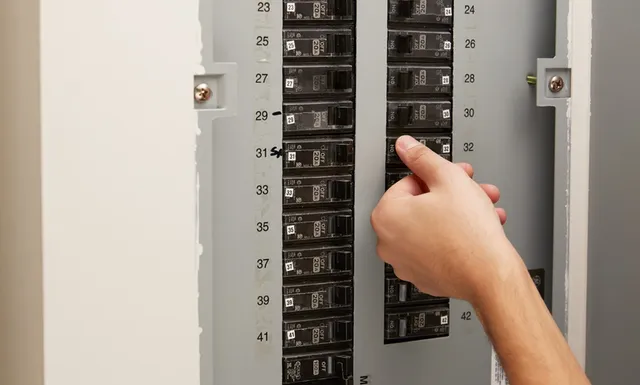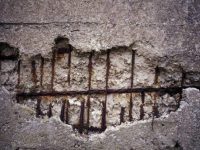When and Why Homeowners Should Consider Electrical Panel Replacement

Your electrical panel is the hub of your home’s entire power system. It controls where electricity flows, how much is distributed, and how safely your devices and appliances run. Yet, for most homeowners, it’s out of sight and out of mind, until there’s a problem. Whether you’re experiencing breaker trips or planning a major home upgrade, it may be time to think seriously about electrical panel replacement.
What Is an Electrical Panel, Really?
Also known as a breaker box, your panel receives electricity from your utility company and directs it throughout your home via individual circuits. It’s responsible for protecting you from overloads, short circuits, and potential electrical fires. Panels have a lifespan, typically 25 to 40 years, but age isn’t the only reason to consider a replacement.
Signs Your Panel May Need to Be Replaced
Some indicators are obvious, while others can go unnoticed for years. Here are a few common red flags:
- Frequent breaker trips or flickering lights
- Buzzing sounds or signs of heat coming from the panel
- Burn marks or corrosion on breakers
- Limited breaker space, especially in older 100-amp panels
- Use of fuses instead of breakers (common in very old homes)
- Appliances are struggling to run at full capacity
These symptoms may point to an outdated or overburdened system, especially if you’ve added modern tech, HVAC upgrades, or EV chargers.
Why It Matters for Safety and Compliance
An overloaded or deteriorating panel isn’t just an inconvenience; it can be a serious hazard. Outdated systems may not handle the power demands of today’s homes, leading to increased fire risk. In some cases, older panels were manufactured with defects or are no longer up to modern electrical codes.
Beyond safety, keeping your panel up to code matters for insurance and resale. Insurers may deny claims tied to known electrical issues, and many buyers will walk away from homes with outdated systems.
Upgrades That Often Require a New Panel
Any major home project that increases your power needs should include a panel evaluation. This includes:
- Kitchen renovations with added appliances
- HVAC system upgrades
- Home additions or finished basements
- EV charger installation
- Pool or hot tub wiring
- Solar energy systems
Each of these puts extra demand on your electrical infrastructure. Without the right panel capacity, you may face voltage drops, overloads, or failed inspections.
Permit and Certification Requirements
In most cities and states, including Atlanta, electrical panel replacement requires a permit and inspection. This ensures the work meets local safety codes and has been completed by a licensed electrician. Skipping this step can lead to insurance issues, code violations, or failed home sales later on.
Your electrician should handle permitting and coordinate with local inspectors as part of the job. Make sure any contractor you hire is licensed, insured, and familiar with your area’s requirements.
What the Replacement Process Involves
Replacing an electrical panel typically includes:
- Disconnecting power at the meter
- Removing the old panel and breakers
- Installing a new panel with updated breakers
- Upgrading grounding and bonding as needed
- Labeling circuits clearly
- Testing and inspection
Depending on its complexity, the job may take one day to several. In some cases, service may be interrupted for several hours, so it’s a good idea to plan around your schedule.
Cost Considerations
The price of panel replacement depends on:
- The amperage of the new panel (usually 100, 150, or 200 amps)
- Whether rewiring is needed
- Accessibility and local permitting fees
- Utility coordination or meter upgrades
The cost of a standard residential panel generally ranges from $1,500 to $3,500. It’s an investment, but one that protects your home, powers your lifestyle, and supports future upgrades.
Replacing vs. Repairing
In some situations, repairing a panel may be possible, like replacing a single faulty breaker. But if the system is over 30 years old, experiencing multiple issues, or limiting your home’s functionality, replacement is usually the more cost-effective (and safer) route.
Electrical systems are easy to ignore until they stop working. If you’re noticing signs of strain or planning major upgrades, it may be time to consider an electrical panel replacement. A properly sized, professionally installed panel ensures your home stays safe, efficient, and ready for the demands of modern living.








